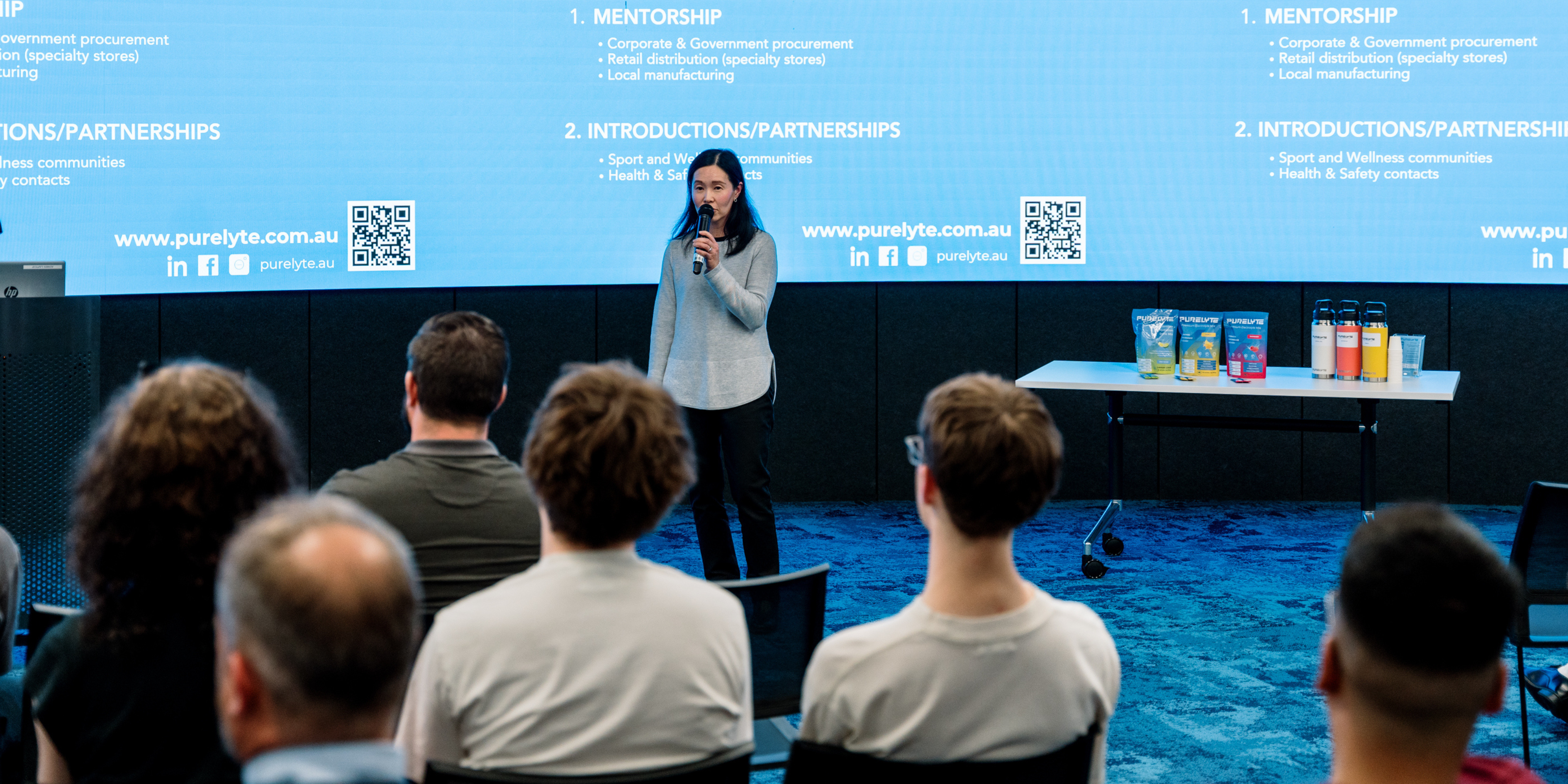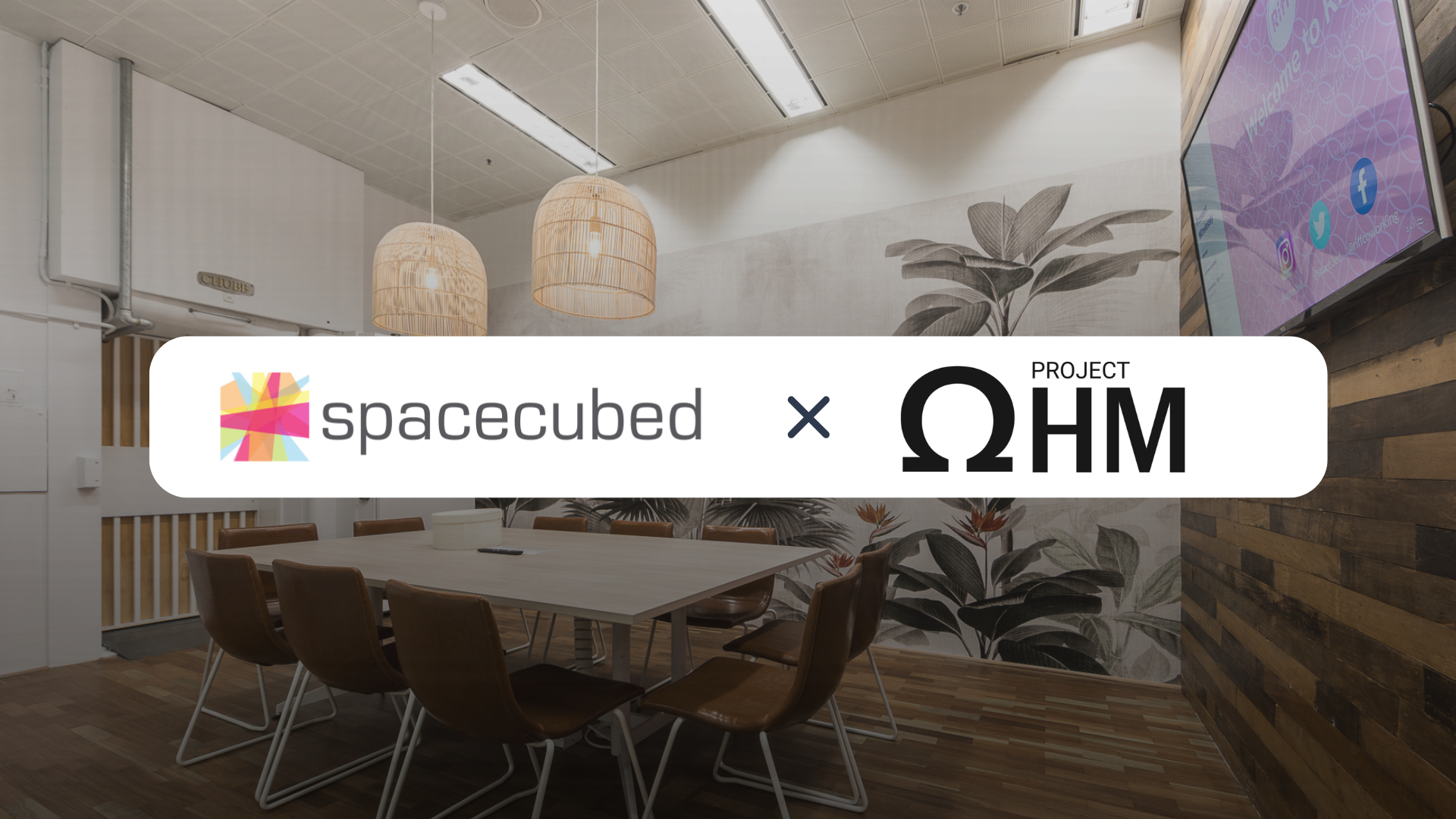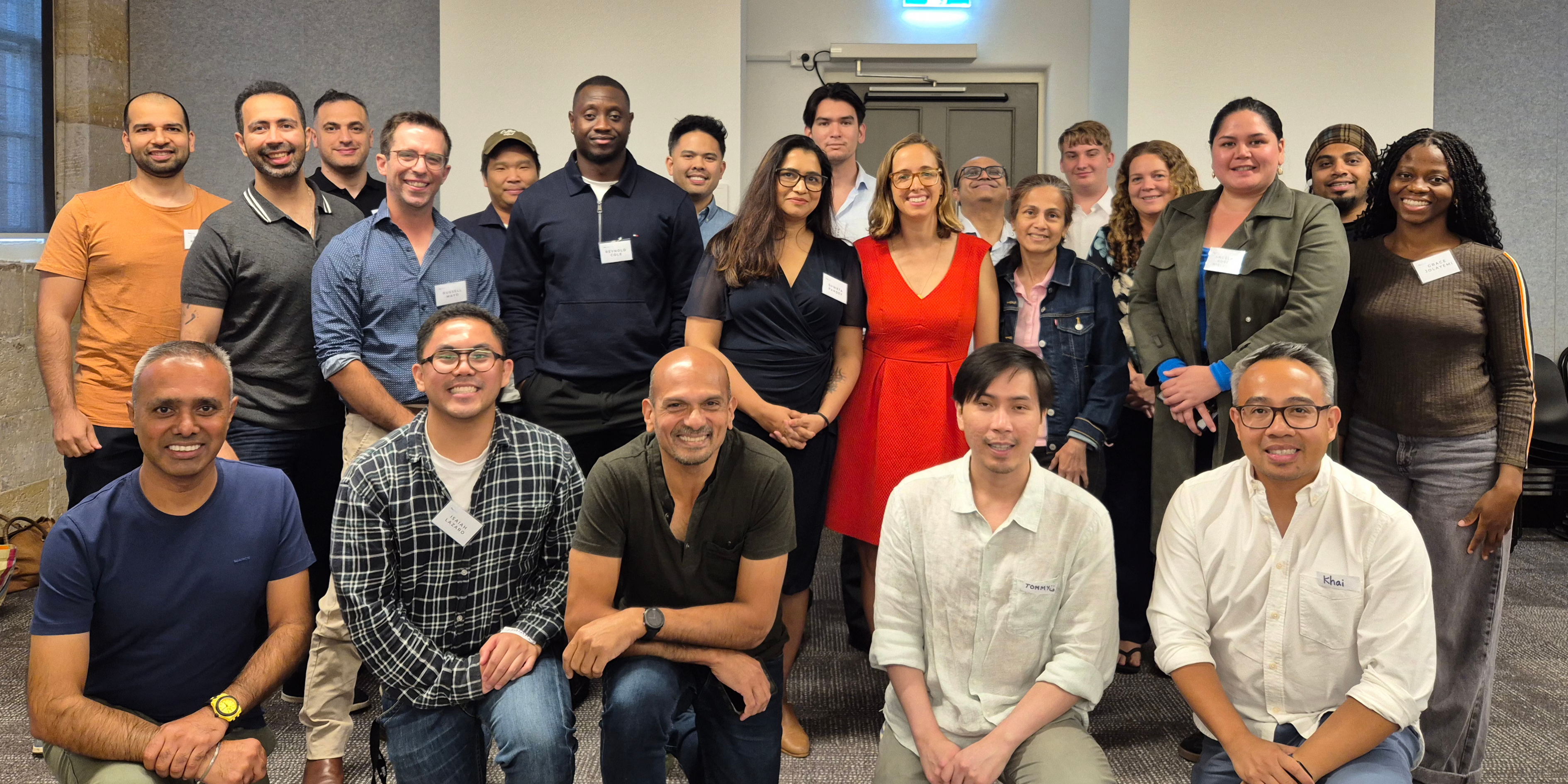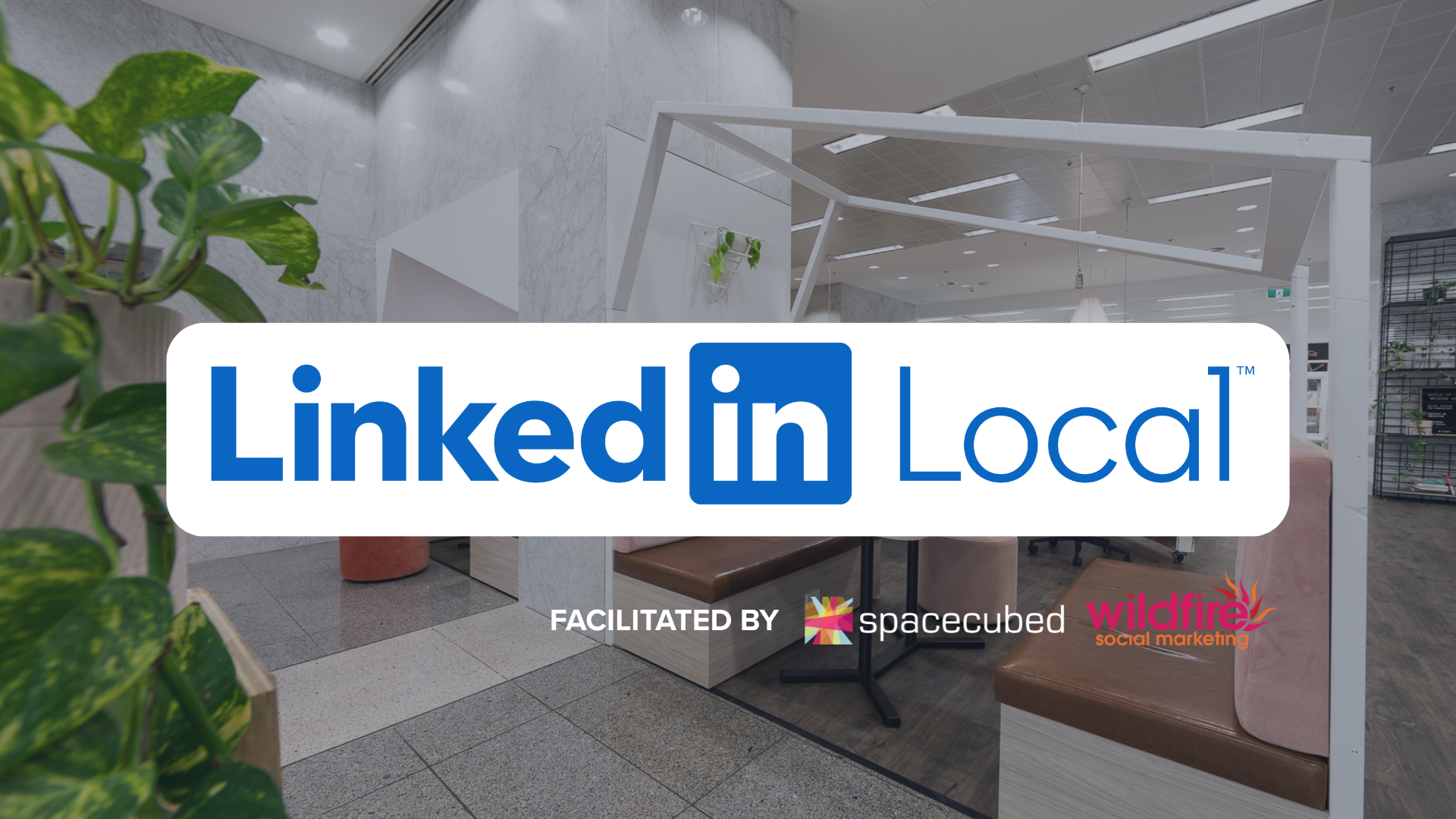IP Australia Partners With Spacecubed to Help Educate Startups on the Importance of IP Protection and Strategy
Why is IP important for startups?If startups don’t protect their IP, then others can use their ideas, designs, logos or any IP right they please. As IP is often the most valuable asset a startup has and the basis for its future business strategy, protecting it can be critical. Knowing what to protect and when can be a daunting task for startups, but it is one that should be considered early to safeguard your assets. It is worth noting that registering a business name doesn’t protect any IP whatsoever.
Startups often discuss their ideas with investors, employees, contractors and other startups which provide an element of risk if IP isn’t protected or a non-disclosure agreement hasn’t been signed. To provide assurances in the early stages it is good practice to ensure non-disclosure agreements are signed when discussing your idea with someone outside your business. It’s common that many investors won’t want to sign these agreements, so it’s important, in these cases, to keep the invention of patentable material to yourself. Alternatively, it’s worth considering a provisional patent application.
It’s common for startups to be excited about recent inventions or victories. However, for patent and design rights, startups must remember to keep these inventions private until they decide what they are going to do with their intellectual property strategy. If these are made public, either through a company website or via the media, it will inhibit the ability to obtain IP rights.
Even though protecting your IP can at times seem complex, it’s important to remember that IP Australia is here tohelp, and that IP is an asset which, if properly protected, can enhance your financial success. In many cases, IP is a vital element of a company’s strategy.
What were IP Australia's motivations for partnering with Spacecubed?At IP Australia we are always looking for opportunities to engage with Australia’s startup audience, and Spacecubed fits the bill as an incubation hub that can link us up with startups, innovators and entrepreneurs. We conducted research in April 2016, which concluded that as an agency we could improve our visibility with startups, and it was decided one way this could be achieved was via partnering with organisations such as Spacecubed.
Through our Spacecubed partnership, we are aiming to increase awareness among startups of intellectual property (IP), IP Australia and the IP system. We want startups to have greater access to our resources whether it is our online resources or our staff through increasing the delivering of educational workshops and presence at events.
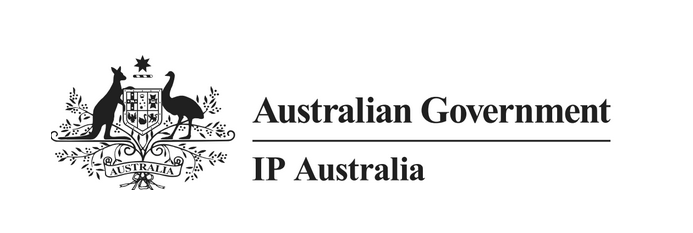
How can IP Australia provide value and assist our community comprised of startups, entrepreneurs and corporate innovators?Our overall goal is for startups, entrepreneurs and corporate innovators to be able to create IP strategies that allow them to make an informed decision about what parts of their business need to be protected and when. To help achieve our goal we hold IP workshops around Australia, usually in capital cities. Our workshops are designed to give startups a good overview of IP rights and the opportunity to have conversations with our staff about their specific IP problems. We have found that this method of delivering IP training is very effective and gets good participant feedback.
We have also increased our presence at startup conferences and will continue to do so throughout 2017. Recently we attended Pause Fest, Startcon, Tech23 and Myriad. Our presence at these conferences gives startups the opportunity to learn more about IP, and have their IP questions answered by an IP professional who is attuned to their issues. We’ve found the engagement overwhelmingly positive.
Our website www.ipaustralia.gov.au has information and a suite of resources that startups can use.
With innovation, the buzzword of the times, what new and exciting features and projects does IP Australia have on the horizon?Some of our upcoming projects include developing new online resources, such as a tool that builds customisable IP documents, including non-disclosure agreements, almost instantly. We are also delivering a suite of resources to help businesses understand how to commercialise their idea.
Additionally, we had a very strong finish in the final months of 2016, completing two exciting projects.
In December we sent Australia’s first overseas IP Counsellor, David Bennett, to China. David’s key role is to help Australian businesses deal with the IP issues they need to address to do business in China. His services can be used by businesses already in China, or those who have plans to enter. David also gives Australian interests a voice in discussions with the Chinese government on IP policy and the operation of its IP system.
Another exciting project we recently launched was the new Australian Trade Mark Search tool. The new tool is based on world leading trade mark image recognition software, which allows users to perform image based searches on trade mark logos and ensure they do not infringe on existing trade marks. It also includes a single search bar, similar to Google, which is much more efficient for conducting searches and will help startups identify what they can and can’t trade mark. To get the most out of the tool we are developing a few short video tutorials, which will help enhance users’ search experience and ensure they are better informed about brand protection. Australian Trade Mark Search, combined with our Trade Mark Headstart application program and a reduction in trade mark fees now makes it easier and cheaper for startups to protect their brand.
What tricks, tips and advice do you have for West Australian startups?Western Australian startups are in a unique position. Although Western Australia isn’t geographically close to any major cities outside of Perth, the state shares a crowded and exciting time zone. Beijing, Shanghai and Kuala Lumpur are all on the same time, while Tokyo and Seoul are within one hour and Jakarta is within two hours. This gives WA businesses an advantage in engaging with customers, suppliers and partners in the Asian region.
Further, to support your business development, there is a range of government grants which Western Australian startups can take advantage of. Taking advantage of government grants can be a great way to help startups to get off the ground. IP Australia works closely with a startup from Brisbane called TrademarkVision (which developed our new Trade Mark Search tool mentioned above). TrademarkVision received about $300,000 in grants for early-stage commercialisation as part of the Accelerating Commercialisation program between 2013 and 2015 and this helped it get off to a promising start.
One program that export-oriented Western Australian startups should keep an eye on is the Austrade Landing Pad, which gives startups the opportunity to be accepted into a landing pad in Shanghai, Berlin, Singapore, Tel Aviv or San Francisco. This can give you a flying start into an export market. Applications to participate in Austrade Landing Pads can be found on their website.
Startups should also consider additional government initiatives such as the Entrepreneurs’ Programme atwww.business.gov.au/assistance.
My final tip is, IP is not all about spending money, it’s about finding what IP strategy works for your business. Don’t avoid thinking about IP because it might be expensive. The alternative of no IP strategy could turn out to be more expensive! So understand your options and look for the most cost-effective alternatives that work for you.




